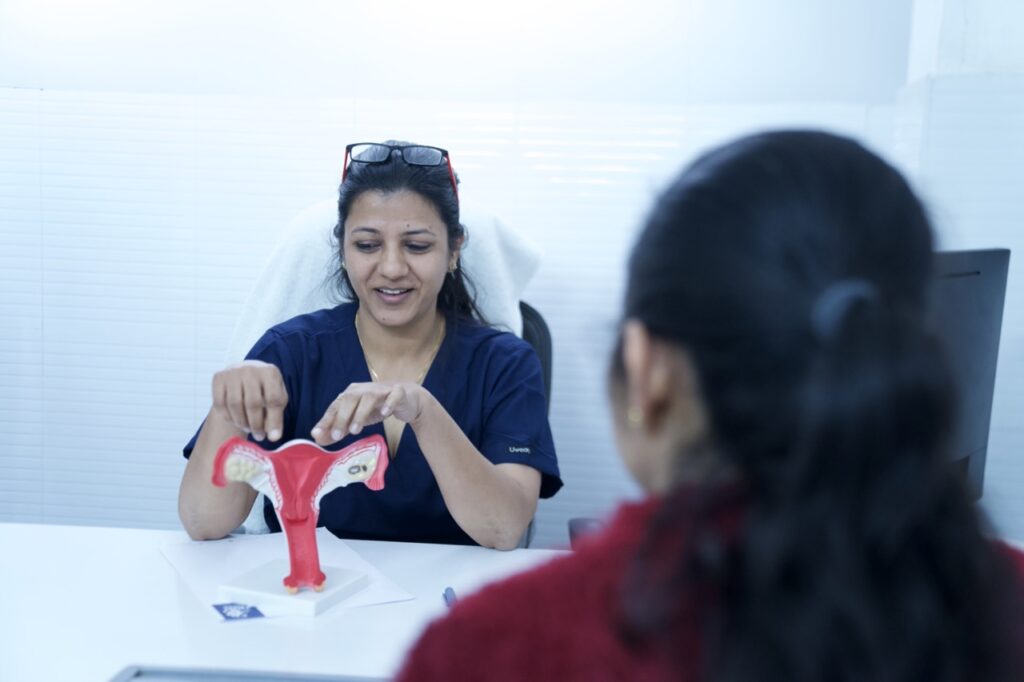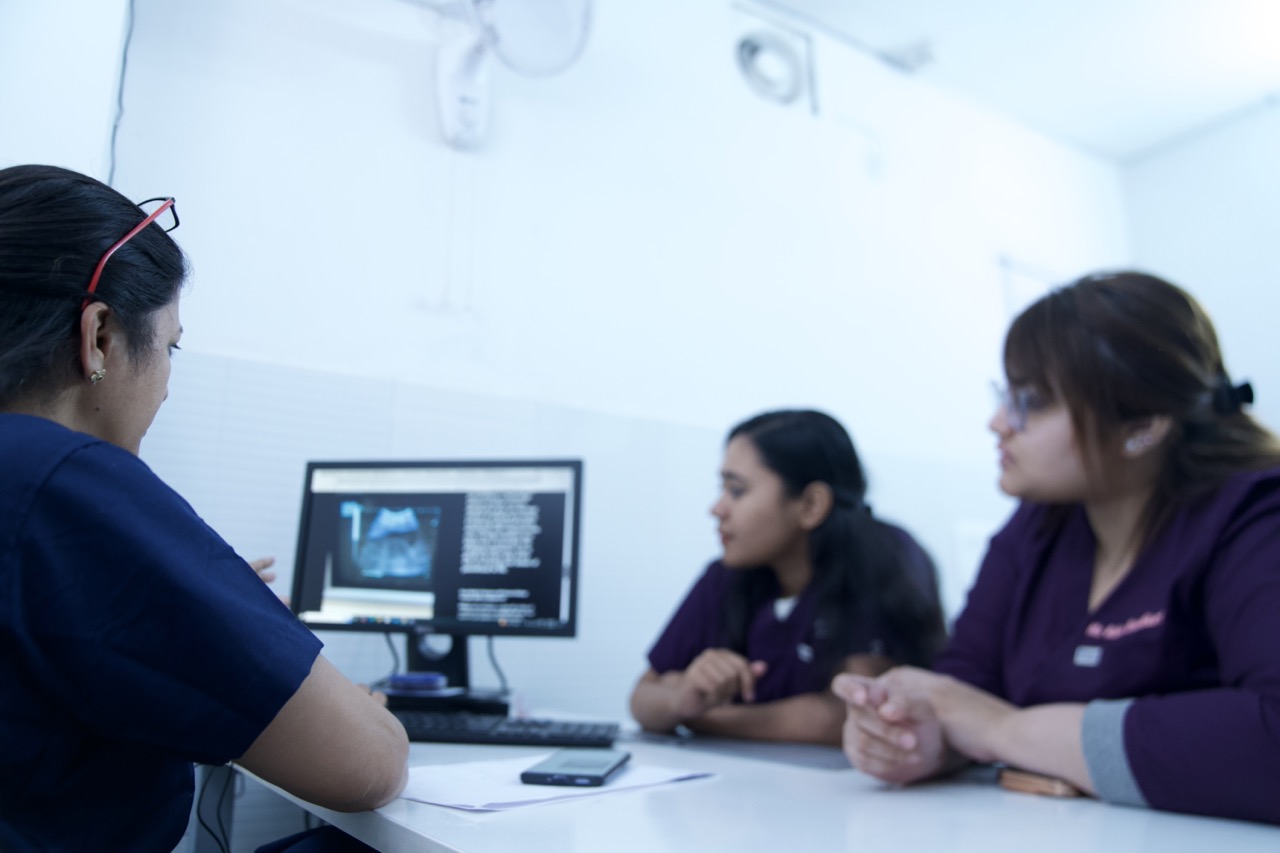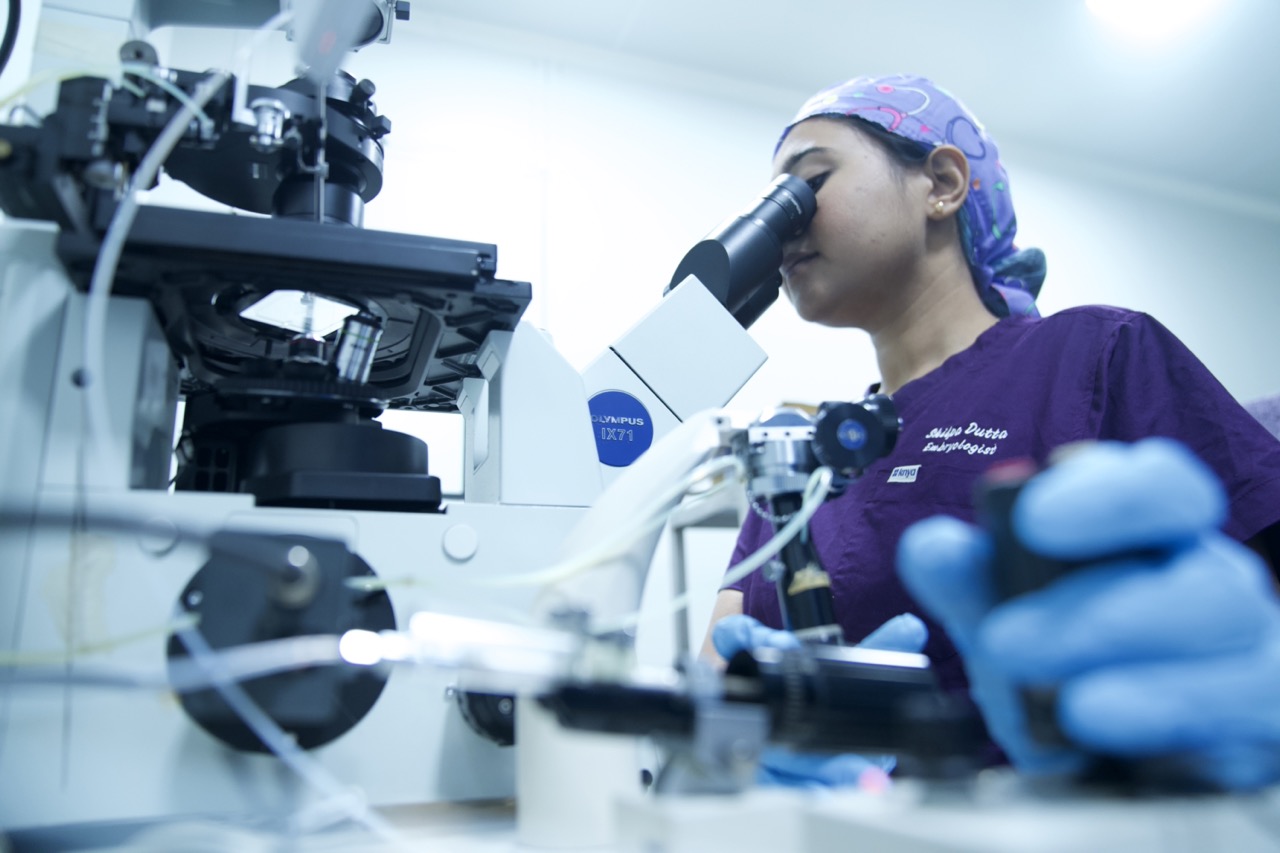Fertility evaluation is a crucial step in identifying potential factors that may affect a woman’s ability to conceive.
A comprehensive assessment helps in diagnosing underlying issues and determining the best course of action for achieving pregnancy.

Comprehensive female fertility evaluation is set to transform reproductive health, empowering women with deeper insights and proactive care.
Who Should Consider a Fertility Evaluation?
- Women under 35 who have been trying to conceive for over a year
- Women over 35 who have been trying for six months without success
- Those with irregular or absent menstrual cycles
- Individuals with a history of reproductive health conditions, such as polycystic ovary syndrome (PCOS) or endometriosis
- Women with a history of recurrent miscarriages
- Those diagnosed with medical conditions affecting fertility, such as thyroid disorders
- Women planning to delay pregnancy and considering fertility preservation options
Key Components of Female Fertility Evaluation
- Medical History & Lifestyle Assessment
- Menstrual cycle regularity and symptoms
- Past pregnancies and reproductive history
- Medical conditions, surgeries, or infections
- Lifestyle factors, such as smoking, alcohol consumption, and stress levels
- Physical & Pelvic Examination
- Evaluation of reproductive organ health
- Checking for abnormalities or infections
- Hormonal Testing
- Follicle-Stimulating Hormone (FSH): Evaluates ovarian reserve
- Luteinizing Hormone (LH): Assesses ovulation function
- Anti-Müllerian Hormone (AMH): Measures ovarian reserve
- Thyroid Function Tests: Identifies thyroid-related fertility issues
- Prolactin Levels: Evaluates the impact of prolactin on ovulation
- Ovarian Reserve Testing
- Assesses the quantity and quality of a woman’s remaining eggs
- Includes AMH levels and antral follicle count via ultrasound
- Ovulation Testing
- Blood tests for progesterone levels to confirm ovulation
- At-home ovulation predictor kits
- Imaging Studies
- Transvaginal Ultrasound: Examines the uterus and ovarian follicles
- Hysterosalpingography (HSG): Assesses fallopian tube patency
- Sonohysterography: Evaluates the uterine cavity for abnormalities
- Genetic Testing (if required)
- Identifies hereditary conditions affecting fertility
- Useful for individuals with a family history of genetic disorders
- Endometrial Biopsy (if necessary)
- Analyzes uterine lining health for implantation success
Next Steps After Evaluation
Once the evaluation is complete, a fertility specialist will review the findings and recommend a personalized treatment plan. Options may include lifestyle modifications, medication, assisted reproductive technologies (ART), or further medical interventions to enhance fertility potential.

Why Choose Us for Your Fertility Evaluation?
Comprehensive Care: From initial consultation to fertility treatments and emotional support
Expert Team: Experienced fertility specialists and reproductive endocrinologists
Advanced Diagnostic Tools: State-of-the-art imaging and hormone testing facilities
Personalized Approach: Tailored fertility plans based on individual needs
FAQs
How long should a couple try to conceive before seeking medical help?
If you have been trying to conceive, regular intercourse for at least one year (12 months) is recommended before consulting a doctor. However, if you have irregular cycles or known health issues, seeking medical advice sooner may be beneficial.
Can a women still get pregnant naturally if she has fertility issues?
The ability to conceive naturally depends on the underlying cause and severity of fertility issues. In some cases, minimal medical supervision and targeted treatments can support natural conception. However, for others, a thorough evaluation and specialized intervention may be necessary to optimize the chances of pregnancy. Consulting a healthcare professional can help determine the most appropriate course of action.
What tests are used to check female fertility?
Common tests include hormone tests (e.g., AMH, FSH, LH, progesterone), ultrasound to check ovaries and uterus, HSG (hysterosalpingogram) to examine fallopian tubes, and ovulation tests. The doctor may also recommend additional evaluations based on your medical history.
How can female fertility be tracked?
Female fertility can be tracked using several methods. Monitoring the menstrual cycle by tracking its length and regularity helps identify ovulation patterns. Basal body temperature (BBT) tracking can indicate the fertile window, as a slight increase in temperature occurs after ovulation. Ovulation predictor kits (OPKs) detect luteinizing hormone (LH) surges, signaling ovulation, while changes in cervical mucus consistency can also provide important fertility clues. For a more detailed assessment, ultrasound monitoring allows doctors to evaluate follicle development and ovulation, while hormonal blood tests measure key fertility hormones such as FSH, LH, estrogen, and progesterone. Combining these methods provides the most accurate understanding of fertility status and helps optimize the chances of conception.
Take the right step towards your fertility Goals
- Collaborate with fellow architects.
- Showcase your projects.
- Experience the world of architecture.
